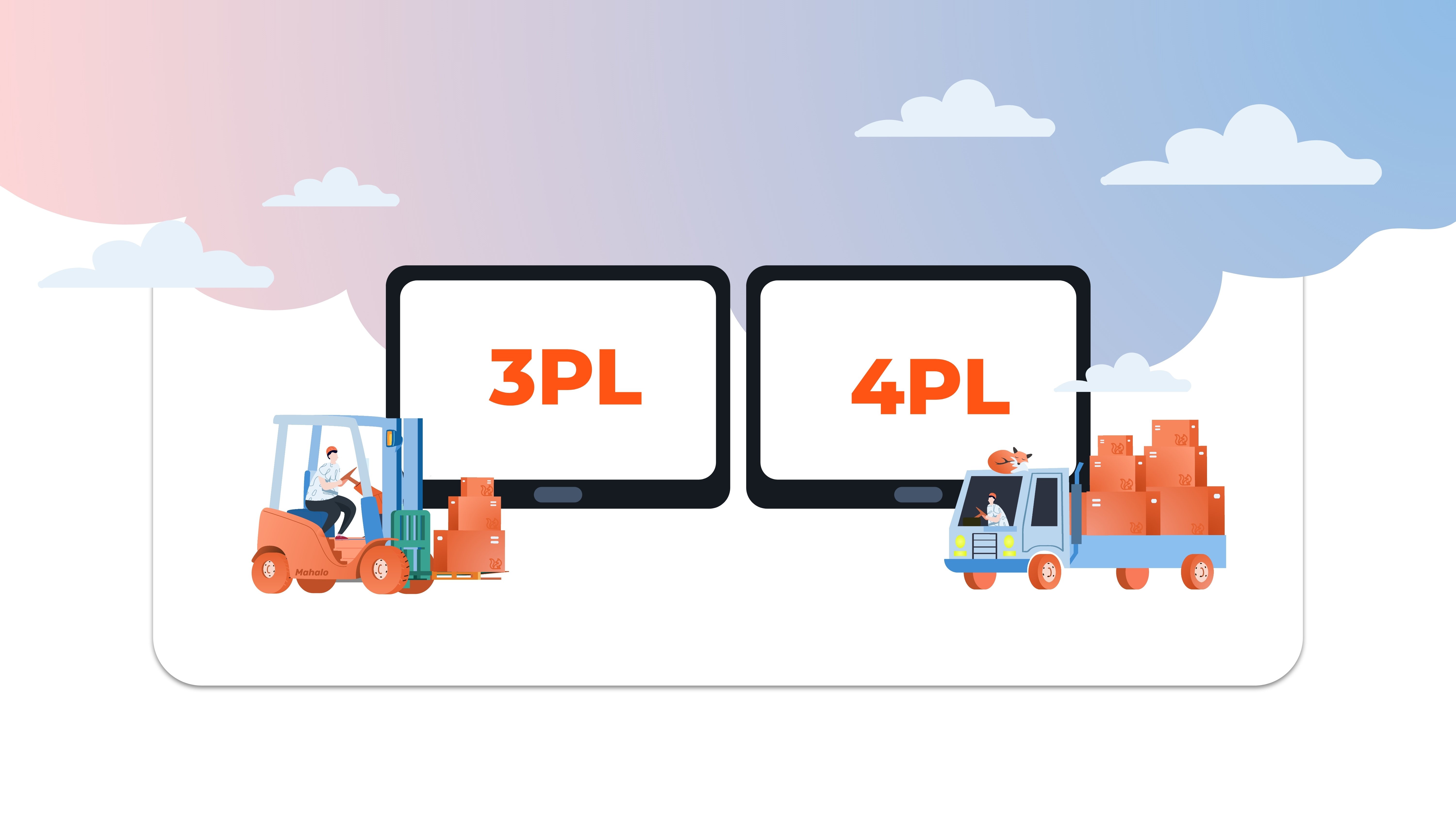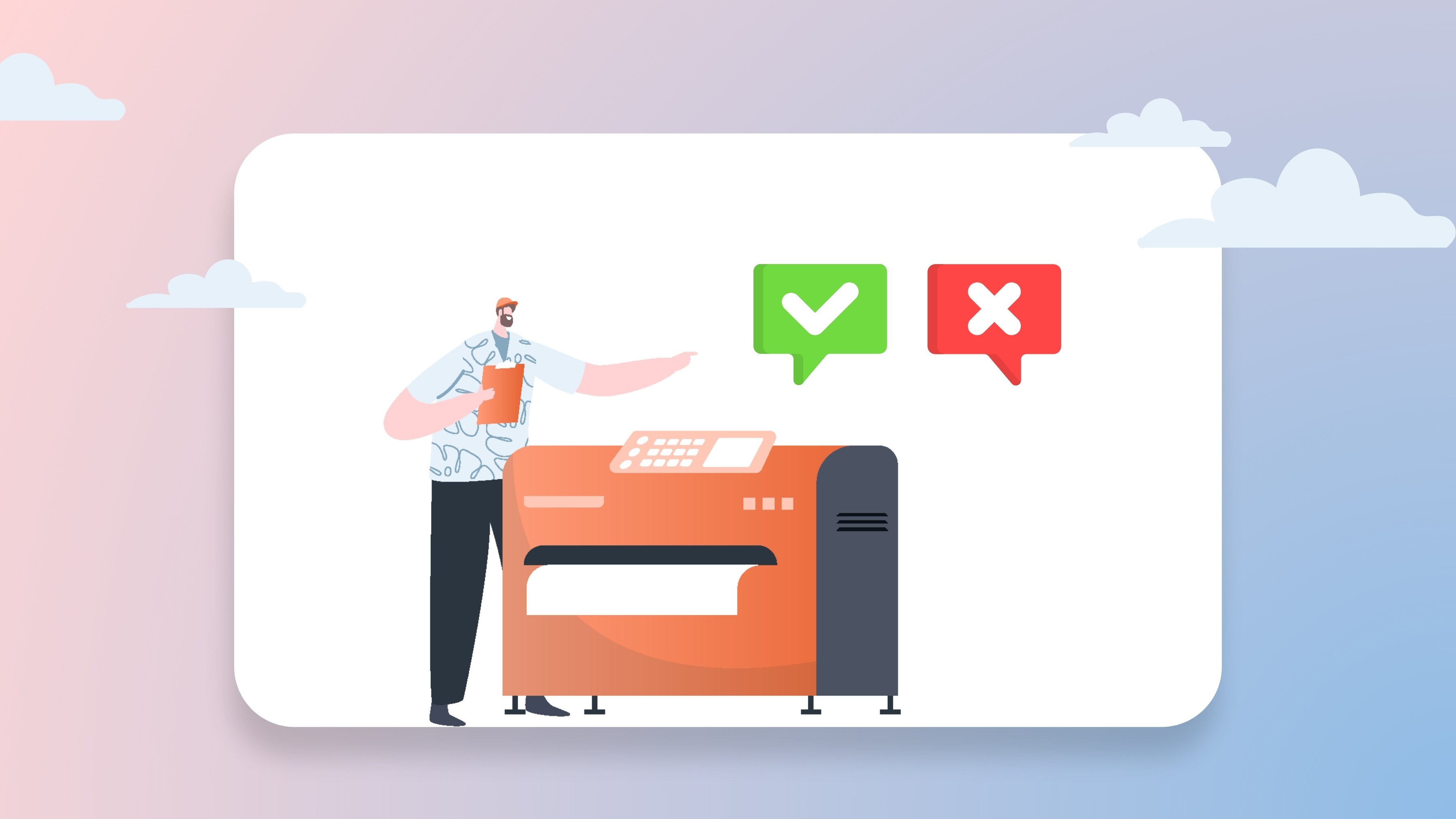Choosing A 3PL Partner: 12 Questions To Ask
If you’re looking for a company that will package and ship your products, you may be in the market for a third-party logistics (3PL) partner. But...

You have likely come across the term 3PL, but have you ever heard of a 4PL? While third-party logistics providers (3PLs) dominate the industry with a $405 billion market size, fourth-party logistics providers (4PLs) play a significant role, with a market size of around $56 billion. Let’s discuss the major differences between a 3PL and 4PL so you can understand which provider makes the most sense for your business.
A 3PL manages warehouses where they manage inventory, pick, pack, and ship products. They can range from direct-to-consumer eCommerce items to large wholesale orders going to big-name retailers. 3PLs can also handle returns, value-added services, and other tasks that allow business owners to focus more on the core function of their business. The main reason a business will outsource fulfillment to a 3PL is to spend less time tracking inventory, packing boxes, and shipping orders.
A 4PL is similar to a 3PL, but with much wider accountability and responsibility. A 4PL manages the supply chain fully for your business and will act as the single-threaded owner for all logistics processes. They are typically non-asset based, meaning they don’t own warehouses, trucks, etc. They will need to work with a 3PL (or multiple) for warehousing, transportation, and other common day-to-day fulfillment tasks.
When businesses outsource to a 3PL, they work directly with the provider to manage the fulfillment process. On the other hand, outsourcing to a 4PL provider essentially hands over control of your supply chain to the 4PL. Here are the key differences between a 3PL and 4PL.
3PLs are the most common logistics providers with eCommerce businesses, serving as a fulfillment team. 4PLs act as a sort of consultant, removing the brand another notch away from the 3PL.
If you are looking to move from in-house fulfillment to a logistics provider, it will be best to move to a 3PL. A 3PL will take care of inventory management, warehousing, picking and packing, scheduling carriers, and so on. Some even offer full-service options, where you get a more end-to-end experience with customer service added into the mix. Fast-growing companies are better off choosing a 3PL so that they can collaborate and make decisions with their 3PL provider that benefit the growth of their brand.
With a 4PL you lose control that you get when working with a 3PL, but you gain a more comprehensive solution to delegate fulfillment tasks to. A business should partner with a 4PL if they have incredibly complex logistics or are looking for a high amount of strategic guidance in their supply chain. If you don’t want to handle the business’s supply chain or don’t have much logistical operation experience, a 4PL may be a good choice for you. A 4PL can control and manage all of a business’s logistics needs, but would be too complex for smaller businesses.
The main difference between a 3PL and 4PL is that a 3PL allows for direct communication between the brand and 3PL, while a 4PL creates a degree of separation.

If you’re looking for a company that will package and ship your products, you may be in the market for a third-party logistics (3PL) partner. But...

How your 3PL charges for storage, fulfillment, transportation, and other services can greatly impact your business and overall supply chain. 3PL...

So many companies these days start in a living room. A home office. A garage. Eventually, they begin to grow, and maybe take over a small commercial...